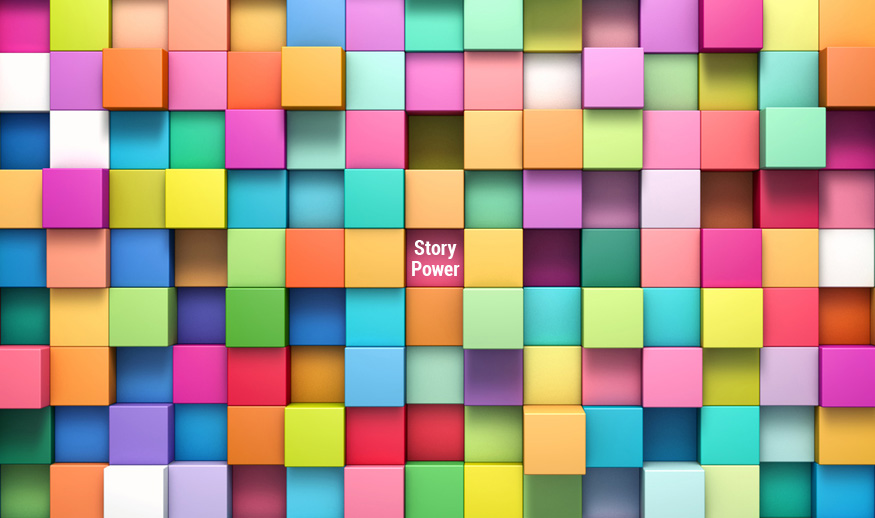The best speakers are good storytellers. The best sales people are good storytellers. The best writers are good storytellers. The best teachers, trainers and coaches are all good storytellers and it might be argued, that the best leaders are good storytellers. The craft of good storytelling is without doubt a valuable skill and great storytellers are often, persuasive, influential and compelling in nature. So, can we all be all great storytellers?
Firstly, we need to define what storytelling is. Historically, it might be characterised as factual or fictional narrative verbally communicated between people? This makes sense but then the scholarly amongst us would rightfully point out that tales have been told through dance, song and poetry for thousands of years. What about modern day storytelling? How does radio, film and theatre fit with this definition? Well the beauty of it is, they all do. By logically separating the story from the storytelling mechanism we can better make sense of the different facets to storytelling especially now that the modern media landscape is mostly digital.
Given this, can we define the differences between the storyteller and storytelling? We’ve characterised great storytellers as being human but if we lack the personal, charismatic, smooth and slick verbal dexterity of a great presenter, can we still be a great storyteller? Of course we can. By separating the storytelling mechanism from the story narrative we have a multitude of options and choices.
The mechanism through which we choose to tell our story will depend on many factors. Is the story, factual or fictional? Is it educational? Does the story need to travel? Is it commercial and sales focussed? Is it aimed at a broad or narrow cast audience? What is the age demographic? Is it solely for entertainment? Is it destined for social media distribution? These factors and many more need scrutiny and consideration before the correct format and method of movement for a story can be determined.
The right story told in the right way can be hugely powerful and of course getting the story right is absolutely central to its success. Any in-depth analysis of story telling skills and techniques are far beyond the remit of this article but we believe there are some traits and commonalities present in all great stories. For us, the most memorable, engaging and compelling narratives all evoke emotion. Our basic human emotions are what connect us and through stimulus and control, a story can carry us to another place.
In he 1970s, psychologist Paul Eckman identified six basic emotions that he suggested were universally experienced in all human cultures. The emotions he identified were happiness, sadness, disgust, fear, surprise, and anger. He later expanded his list of basic emotions to include such things as pride, shame, embarrassment and excitement. There has been much research since into how emotion effects our behaviour but it’s these identifiable human characteristics that are the levers in a good story. Great storytellers recognise that these human connections need to be made before introducing concepts and strategies. Win over the hearts and the minds will naturally follow.
We believe everyone’s story is interesting and fascinating to somebody. Finding that ‘somebody’ and getting them engaged to the point where the pupils narrow and the cogs start ticking is where the challenge begins. So, whether it’s delivering a TED talk, presenting a live news feed for TV, writing an article for a newspaper, or authoring a video clip for social media – all of us can participate in telling great stories.

